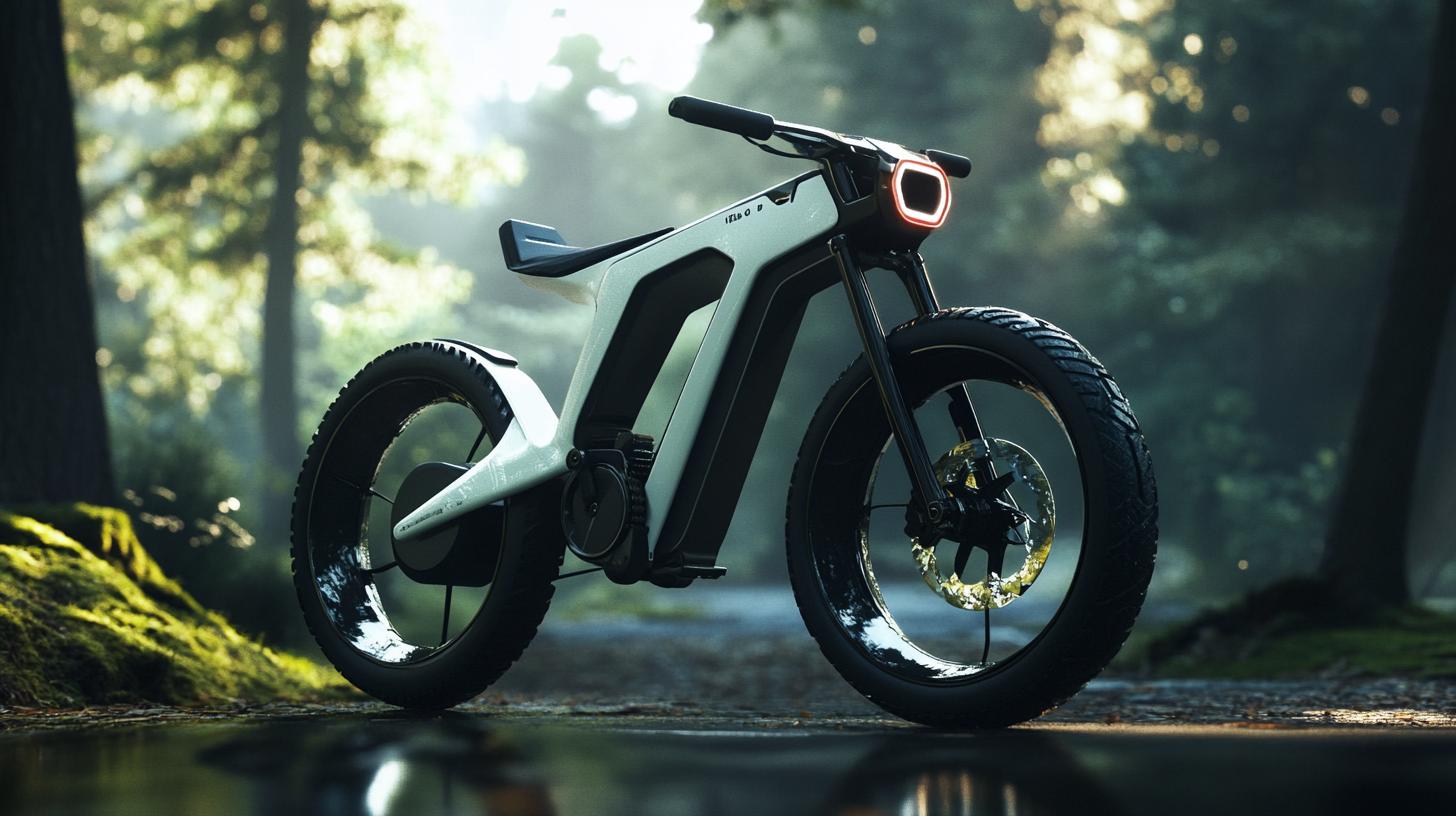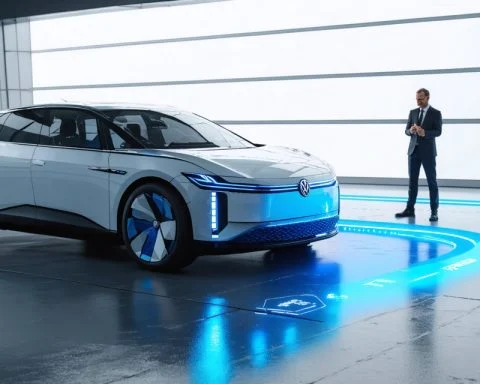The electric bicycles (e-bikes) market is experiencing a surge in popularity as environmental awareness and urban lifestyles prompt more people to seek sustainable and cost-efficient transportation alternatives. The global push towards greener commuting solutions has made e-bikes incredibly appealing to city dwellers facing high fuel costs and traffic woes. Their increasing traction among consumers is attributed to their convenience, affordability, and eco-friendly nature.
Technological breakthroughs have significantly enhanced e-bike reliability. Innovations in battery technology, which improve efficiency and shorten charging times, combined with superior motor performance, are making e-bikes a compelling choice for everyday commuting. As these advancements make e-bikes more accessible and affordable, more individuals are opting to cycle not just for commute but also for leisure activities, further boosting demand.
Governments worldwide are playing a crucial role in supporting this trend by implementing favorable policies. Subsidies, tax incentives, and investments in bike-friendly infrastructure are being rolled out to encourage consumers to hop on the e-bike bandwagon, fueling the market’s expected growth. By 2033, the market size is projected to escalate from $25 billion in 2023 to $70 billion.
Brands like Giant Manufacturing, Trek Bicycle, and Yamaha Motor are leading the charge in this expanding sector, offering diverse models that cater to various needs, including personal and commercial transportation. As urban areas become denser and environmental concerns grow, e-bikes stand as a testament to the innovation driving a shift towards more sustainable living worldwide.
The E-Bike Revolution: Untold Impacts on Technology and Society
As e-bikes rapidly become a staple of urban commuting, the ripple effects of this trend on technology and society are manifold. Beyond what many know about their immediate environmental benefits and the market surge, e-bikes are silently revolutionizing several aspects of modern life and sparking intriguing discussions.
Pioneering Health Benefits and Lifestyle Transformations
E-bikes are not just eco-friendly; they are catalysts for healthier living. They strike a unique balance between exercise and ease, encouraging more people to integrate physical activity into their daily routines. For those who might be hesitant to embark on a traditional bike due to physical constraints or the sheer effort required, e-bikes offer a viable alternative. With pedal-assist options, there’s a reduced strain, making uphill rides and longer journeys more manageable. This has potential implications for public health, potentially reducing obesity rates and other lifestyle-related illnesses.
Acceleration of Urban Design Innovations
As e-bikes become more popular, they are pushing cities to rethink urban infrastructure. The integration of dedicated bike lanes and the development of e-bike-friendly parking solutions are just the start. The need for charging stations could drive new innovations in public utilities and smart city designs, incorporating renewable energy solutions that may spill over into other sectors.
Technological Quandaries and Advancements
While technology is enhancing e-bike components, it also presents challenges. The disposal and recycling of batteries have become areas of concern due to environmental impacts. The balance between developing high-capacity, long-lasting batteries and maintaining eco-friendliness is still a tricky puzzle for innovators.
On the flip side, this demand is forcing breakthroughs in battery technology that could benefit other industries, such as extending the range of electric cars and improving energy storage solutions for solar power systems.
Societal Disruptions and Employment Paradigm Shifts
As e-bikes grow in popularity, they’re subtly reshaping the job market. Delivery services are increasingly using e-bikes to navigate congested city streets more efficiently. This shift has implications for the gig economy, offering new job opportunities under the current delivery service models but also raising questions about labor conditions and regulations.
Advantages and Disadvantages: A Balanced View
Advantages:
– Sustainability: Drastically reduces carbon footprint compared to conventional vehicles.
– Cost-Effective: Lower operational costs with minimal maintenance and no fuel expenses.
– Health Incentives: Encourages physical activity, contributing to personal health benefits.
Disadvantages:
– Battery Concerns: Environmental issues related to battery disposal and resource sourcing.
– Safety Perceptions: E-bike speeds and lack of experience can lead to accidents.
– Infrastructure Challenges: Existing road and parking infrastructure may not adequately support the influx of e-bikes.
Are E-Bikes Here to Stay? Analyzing Future Prospects
E-bikes are increasingly positioned as a solution to many modern challenges, from combating climate change to enhancing urban mobility. As technology advances and societal attitudes continue to embrace greener alternatives, e-bikes are likely to become a permanent fixture in transportation systems globally.
Can this trend lead to further innovations, like hybrid transportation systems combining e-bikes with public transport? The jury’s still out, but the potential is vast and exciting.
For further insights, explore these domains:
– www.trekbikes.com
– www.giant-bicycles.com
– www.yamaha-motor.com
As e-bikes continue to evolve, they could pave the way for future technologies that we haven’t yet imagined, impacting how humanity navigates its environment in sustainable and innovative ways.







